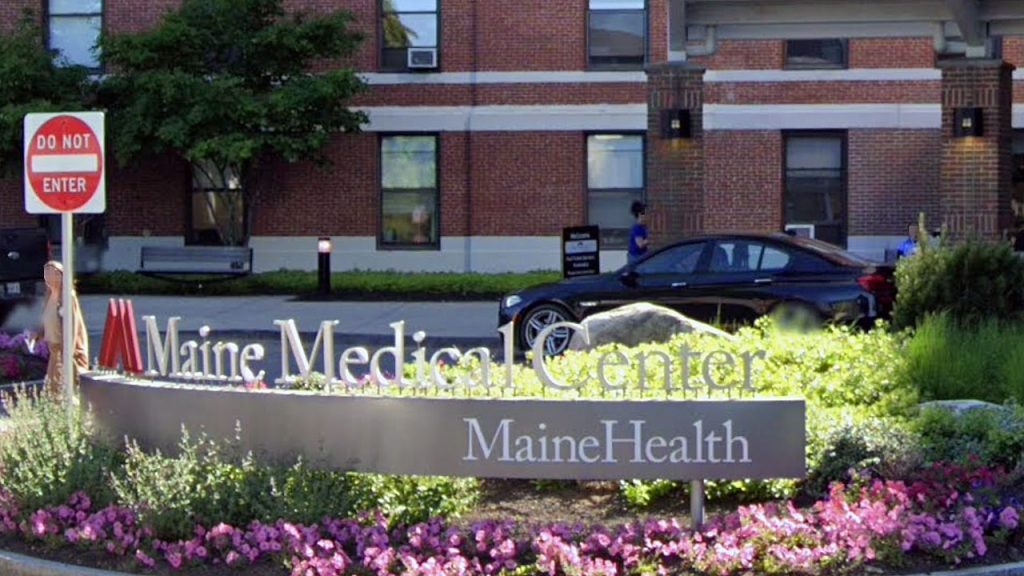Healthcare Network’s Tech Error Sends “Death Notices” to Hundreds of Living Patients
Maine’s largest healthcare provider, MaineHealth, recently found itself in an embarrassing situation after accidentally sending letters to 521 very-much-alive patients informing them they were deceased. The unfortunate incident, which occurred on October 20th, was attributed to a computer malfunction in their automated estate-notification system. MaineHealth has since issued a formal apology to all affected patients, assuring them that their medical records were never actually marked as deceased and that their ongoing healthcare was never compromised. “MaineHealth sincerely regrets this error,” the organization stated, confirming they had taken steps to resolve the issue and had sent personal apologies to everyone who received the erroneous notifications. The incident affected patients across MaineHealth’s extensive network, which includes Maine Medical Center and eight other hospitals throughout Maine and New Hampshire.
For recipients, opening such a letter proved to be a jarring experience. One patient expressed her distress to local media outlet WGME, saying, “It was pretty upsetting to open that. Why would they say I was dead? So it was really shocking and upsetting.” The confusion was compounded for patients who hadn’t experienced any serious health issues that might have been misconstrued. “I mean, I’ve had some tests done, and my doctor is part of MaineHealth,” the woman continued. “But I haven’t even been in the hospital for anything serious that I could have died from. So I don’t even know where they got that information.” The healthcare provider has established a dedicated channel through their patient relations department for affected individuals to confirm their status and ensure their medical records remain accurate.
This technical mishap comes at a time when MaineHealth—an organization employing more than 20,000 people—had recently updated its digital record and messaging systems. In response to the error, the healthcare network has launched a comprehensive review of the automation tool responsible for generating the letters. The incident highlights the potential pitfalls of healthcare automation, particularly when managing sensitive communications with patients. MaineHealth emphasized that no protected health information was exposed during the incident, offering at least some reassurance to those affected. The error was isolated to an automated system based at the organization’s Portland headquarters and did not affect actual medical care or patient records.
Such automation failures are not unique to MaineHealth. Healthcare networks across the United States have experienced similar technological mishaps, ranging from incorrect billing statements sent to the wrong families to false “deceased” notifications appearing in online patient portals. These incidents point to broader concerns about the reliability of automated systems in healthcare settings where accuracy is paramount. According to a 2022 report by the Pew Charitable Trusts, the increasing complexity of electronic health records systems, combined with usability problems, can create serious patient-safety risks, including incorrect medication orders and missed test results.
The healthcare industry’s growing dependence on automated systems reflects a broader trend toward digitization aimed at improving efficiency and reducing costs. However, as MaineHealth’s experience demonstrates, even minor glitches in these systems can have significant emotional impacts on patients and potentially damage trust in healthcare institutions. When automation goes wrong in healthcare, the consequences extend beyond mere inconvenience—they can create unnecessary anxiety and confusion for patients already navigating the complexities of the medical system. MaineHealth’s prompt acknowledgment of the error and their outreach to affected patients represents an attempt to rebuild that trust through transparency and accountability.
As healthcare providers continue to integrate technology into their operations, incidents like this serve as important reminders of the need for robust testing, fail-safe mechanisms, and human oversight of automated systems. While the MaineHealth incident caused considerable distress and confusion, it fortunately did not result in any tangible harm to patients’ healthcare or compromises to their personal information. The organization’s review of its automation tools will likely lead to improved safeguards designed to prevent similar errors in the future. For the 521 patients who received these alarming letters, the incident offers a peculiar anecdote—the day they were erroneously informed of their own demise—and a stark illustration of how even the most sophisticated healthcare systems remain vulnerable to the occasional technological hiccup.








